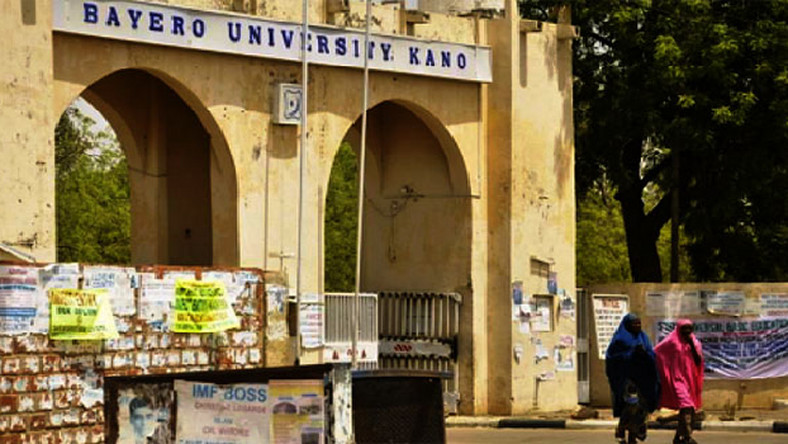The Founder, Afe Babalola University, Ado-Ekiti (ABUAD), Ekiti State, Chief Afe Babalola, has called for a national emergency fund to address the challenges of inadequate funding of education in Nigeria.
 Babalola made the call on Wednesday in his keynote address at the 32nd Conference of the Association of Vice-Chancellors of Nigerian Universities (AVCNU), held at Kwara State University (KWASU), Malete, Ilorin.
Babalola made the call on Wednesday in his keynote address at the 32nd Conference of the Association of Vice-Chancellors of Nigerian Universities (AVCNU), held at Kwara State University (KWASU), Malete, Ilorin.
He suggested that a minimum of 26 per cent of the national budget or four per cent of the Gross Domestic Product (GDP) be set aside each year for the education sector.
Babalola spoke on the topic: University Management and Economic Change: The Nigerian Educational System Perspective.
“To rapidly catch up with the rest of the world in terms of quality education, there is a need to designate a significant portion of annual budgets to education,” he added.
He added that government must be committed to revitalise and support public universities.
”There is the need for an end to the incessant industrial actions in public universities in the country to bring about stable academic calendar,” Babalola said.
“The private universities are generally not vulnerable to the many common ills of public universities.
”Building a world-class university requires significant financial resources as achieving the status of ‘world-class’ and cannot be achieved only by self-declaration.
”Also, excellence in research, quality of teaching, contribution to society, research income, global student body, systemic entrepreneurship, and global faculty, among others, as attributes of a world-class university.
“In Nigeria, the term “world class University” has become a colourful and feel good catchphrase, often invoked by Chancellors and Vice Chancellors. Very often we hear things like, ‘our university is world class’.
”Similarly, in many countries, politicians have leveraged the phrase ‘we will build world class universities’ when canvassing for votes,” Babalola stated.
He described the AVCNU’s objectives as laudable “as they provide an intellectual market place for the exchange of valuable ideas and current common issues that are cross-cutting to all Nigerian Universities.”
Babalola, therefore, advised the body to emulate his University and engage with international development partners to explore international funding opportunities.
“Due to gaps in the Nigerian Constitution, lack of sustained government funding of education and inadequate attention to innovation and entrepreneurship, the current path to attaining world class university status is very narrow for several of our universities.
“We all, as Chief Executives in the Higher Education have pivotal, sacred and indispensable roles to play in contributing our strategic opinions and efforts to reversing the current trend,” he concluded.




